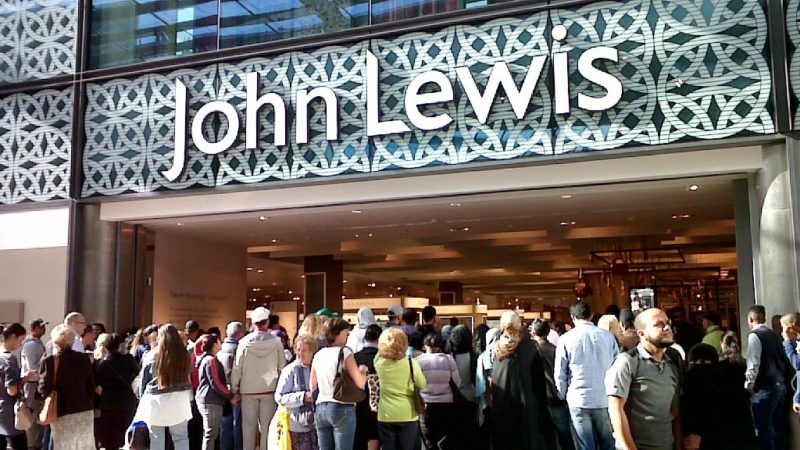Are new ownership models, that give people a stake and a say in the economy, the best way to genuinely ‘take back control’?

Changing the way companies are owned would drastically reduce inequality and ‘spread economic power’ throughout society, according to a new report.
The government should set up a fund to develop co-operatives and incentivise employee ownership trusts (EOTs), with the aim of creating three million employee-owners by 2030, if it really wants to make Britain fairer, the IPPR Commission on Economic Justice said today.
A national Citizen’s Wealth Fund should also be established to give the public a share of corporate assets, the think tank added, otherwise growing national wealth will cluster around a minority of individuals and never be widely shared.
As it stands, Britain scores exceptionally poorly as an economic democracy, coming 25th out of 32 among advanced economies, largely because the ownership of economic assets is so unequal.
The wealthiest 10 per cent of households currently own 45 per cent of the nation’s wealth compared to just 9 per cent for the bottom half.
Mathew Lawrence, a senior research fellow at IPPR and co-author of the report, said:
“The structure of capital ownership powerfully shapes how economic power is distributed in society.
“…If we really want to ‘take back control’, expanding ownership is a durable, meaningful way to give people and communities a powerful stake and a say in their workplaces and economy.”
Unequal ownership of economic assets drives inequality because the share of national income going to capital owners in the form of profits has been increasing, and is likely to rise further, while the share going to labour, in wages and salaries, has declined, the IPPR explained.
If a greater share of national income goes to capital owners, and capital ownership is narrowly concentrated, inequality is likely to rise.
Rebecca Long-Bailey MP, shadow secretary of state for business, energy and industrial strategy said Labour supports plans to widen the ownership of the economy.
She said:
“[The IPPR report] highlights not only how unequal the ownership of wealth is in the country but the increasingly unequal shares of national income which result from this. Forces like automation and the rise of large digital firms make this trend likely to continue.
“This is why, in the Labour Manifesto, we wanted to widen the ownership of the economy through measures like nationalisation of key utilities and the expansion of the co-operative sector.
However, Labour wants to develop and refine these ideas and others to broaden ownership. This report makes a valuable and thoughtful contribution to this important issue.”
EOTs place the majority of a company’s ownership in its workforce, meaning over half of company profits are distributed to workers, and workers have much more say in how the firm is run.
In a co-operative all assets are owned jointly by members.
There are currently 7000 co-operatives in the UK owned by their workers or consumers, with around 223,000 employees and a combined turnover of £35.7 billion, according to the IPPR’s figures.
Charlotte England is a freelance journalist and writer at Left Foot Forward. Follow her on Twitter.
Left Foot Forward doesn't have the backing of big business or billionaires. We rely on the kind and generous support of ordinary people like you.
You can support hard-hitting journalism that holds the right to account, provides a forum for debate among progressives, and covers the stories the rest of the media ignore. Donate today.




2 Responses to “Create three million employee-owners to reduce inequality now, says think tank”
Helen Jones
I really like the idea of EOTs, as well as an investment fund to expand and increase the number of co-operatives. It’s a shame that John Lewis is in the picture though, as it entirely mimics a business-as-usual corporate model in terms of distribution, and overlooks the wage-slavery inherent in this mal-distribution, fantasising that people in “senior” positions are somehow doing more vital work than those on the shop floor. These are simply self-serving justifications from those who get to say, and they would say that wouldn’t they.
LordBlagger
You had your chance.
People entrusted trillions to the welfare state. That’s real wealth.
Instead of investing it so that the workers were the owners, you spent the lot leaving a 10 trillion pound debt that cannot be paid.
The welfare state has created the wealth inequality.
Now 30% of taxes go on the debts. Austerity is caused by the welfare state’s debts and public sector pensions.
The state pension is so piss poor because there’s no assets, pensioners are in poverty and need support to live. They can’t afford the basics. Caused by the redistribution of their wealth.